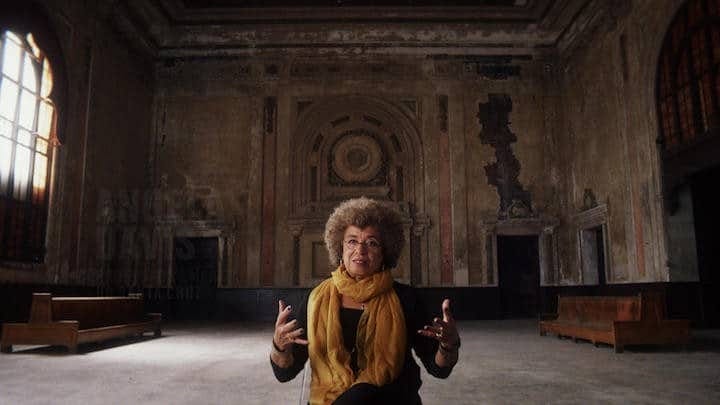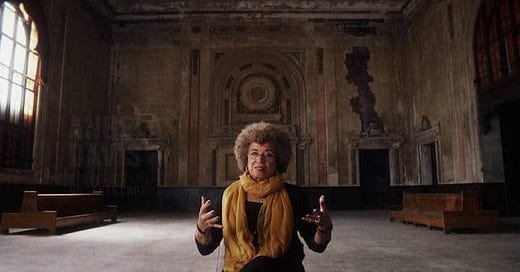‘13th’ is an All-Too-Brief Document of America’s Essential Crime

What do we mean when we call a film, particularly a documentary, “important”?
Ava DuVernay is certainly an important filmmaker, both as an artist and as an advocate for positive change in a white- and male-dominated industry. Her third feature documentary, 13th, has been greeted accordingly. Anointed by the New York Film Festival and granted an enormous …
Keep reading with a 7-day free trial
Subscribe to Nonfics to keep reading this post and get 7 days of free access to the full post archives.



